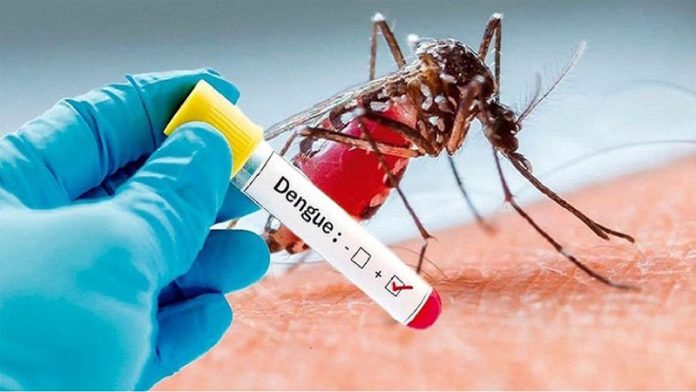The surge in dengue cases in J&K is a stark reminder of the persistent threat posed by vector-borne diseases in the region. With 189 cases reported, including a worrying 28 new cases in just one day, it is clear that the dengue outbreak requires immediate and sustained attention from both the authorities and the public. The spread across various districts indicates that the virus is not confined to one area but is spreading, creating a potential health crisis if not effectively managed. Dengue is a preventable disease, yet its recurring outbreaks in Jammu Division highlight the gaps in public health infrastructure and community awareness. While the Health Department, in collaboration with the Jammu Municipal Corporation, has initiated fogging drives to curb mosquito breeding, these efforts alone are insufficient. Public participation is crucial to complement these initiatives.
The root cause is the stagnant water, which serves as an ideal breeding ground for dengue mosquitoes. The recurring outbreaks every year are a serious concern, with a major contributing factor being the prolonged digging work under the Smart City Projects. These pits are left open for months without any efforts to fill them or impose punitive measures on those responsible. Additionally, the lack of timely fogging is another significant oversight. Starting fogging only after an outbreak should never be the norm. Each year, the same story unfolds with the same lapses being repeated. There appears to be a lack of coordination between the Directorate of Health Services, particularly the Malariologist, and the Municipal Corporation. Aside from issuing advertisements, no other punitive actions are taken. The end result is the suffering of the people and overstretched health services. There is an urgent need for intensive efforts to increase the frequency and coverage of fogging drives, particularly in high-risk areas. Health facilities need to be adequately equipped to handle the influx of patients, ensuring that those affected receive timely and effective treatment. Early detection, prompt medical intervention, and community-wide preventive measures are essential in controlling the outbreak.
Trending Now
E-Paper


